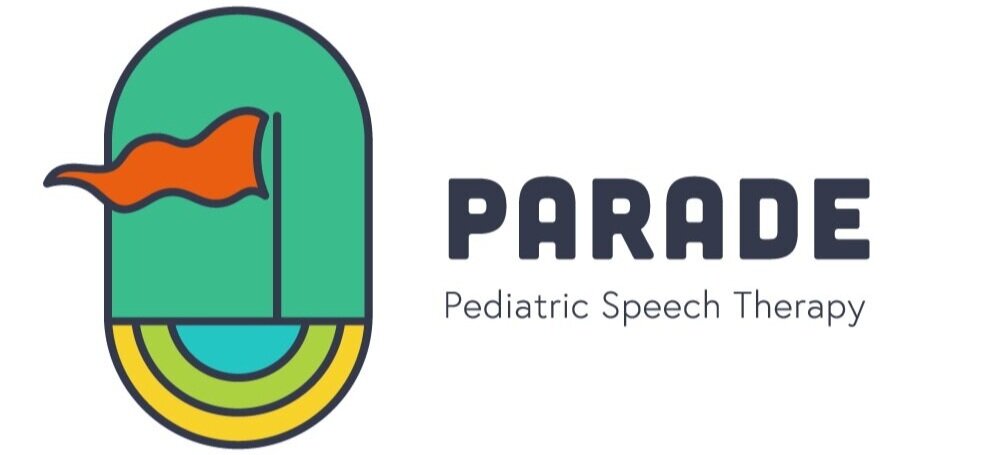Back to School: 5 Ways to Work on Speech and Language
Wow, it feels like the summer just flew by. I can’t believe it’s already time to go back to school. As a child I used to love the the beginning of a new school year and all of the brand new school supplies that came with it! With COVID-19 still spreading, some kids will be doing school virtually again, others will go in-person, and others are engaged in home school. No matter what your school year looks like, here are some ways to work on speech and language skills with your child at the beginning of a new school year.
Retell Summer Stories: What is one exciting or fun thing your child did over the summer? You can help your child work on narrative language skills and articulation skills by doing a summer story retell with them. Once they pick their event, help them make a story about it. You can use Storymaker to make an online story complete with text and drawings and then either save it or print it out! Retelling a past event using narrative language provides a foundation for reading skills! Retelling also helps children identify story elements such as the characters, setting and events and encourages kids to organize events in sequential order, use past tense verbs, and describe details. Kids can also practice saying specific speech sounds that they are working on during a story retell.
Make Predictions: Predicting is another skill that supports reading and it also encourages your child to use future tense verbs. You can ask your child to predict who might be in their class this year, what their new classroom will look like, what they think virtual school will be like, or what they will to learn at home school. Your child may say things like, “I think Max will be in my class,” or “I will learn how to do art.” You can also use this activity to work on speech sounds. For example, if your child’s working on the /th/ sound, you can have them begin each sentence with “I think…” or if they are working on the S sound, you can have them practice saying “At school…” and then finish the sentence.
Read Books About School: You can also read books to your child about school to talk about school vocabulary such as pencils, desks, backpacks, teacher, principal, and buses. I love this list of books about back to school that celebrates diversity. If you are staying at home for school, you can compare and contrast what things you have at home school versus what things you see kids using at school in the picture book. You can draw a Venn Diagram (doesn’t have to be fancy!) and either write or draw the items in. Identify which things are at an in-person school, which things you see at your home or home school, and which things are present in both places. Comparing and contrasting helps kids generate specific vocabulary and helps them describe how two items are the same and different.
Ask All About Me: I love doing All About Me activities with new clients at the beginning of the school year. There is a fun online version that you can fill out with your child and here are also some printable versions. All About Me activities usually have a space for your child to record their name, age, birthday and some of their favorite things. Many kids love talking about themselves! Doing an All about Me activity with your child before going back to school can help them think about all the things that make them unique and to identify what their interests at the beginning of the school year. You can work on answering wh-questions (ex. What’s your favorite color?), forming complete sentences (ex. My favorite color is green.) and practicing speech sounds.
Talk About Schedules: When school starts, most likely your child will have a new routine. Talking about schedules helps your child learn to use temporal words, which are words that relate to time. Using temporal words are key to developing cohesive narratives. Examples are first, next, then and last, this morning, this afternoon, after school, and tonight. Using a visual schedule with pictures of the day’s events can help many kids make sense of their day and to be able to predict what will happen next or retell past events. If your child is working on speech sounds, think about the things that will happen in your child’s day that have your child’s speech sound. For example, if they are working on the F sound, you could help them say, “When the bus gets home, you will get oFF the bus.” Or, “You will eat your Food at lunch.” Another example is, “After you get to school, you will see you Friends.” Three are lots of ways to embed working on speech sounds when talking about the day’s events.
I hope these tips will help you encourage your child to practice speech and language skills as the new school year starts! I love providing high-quality, customized, fun online speech therapy to kids and teens! If your child is having difficulty with speech, language or communication skills, contact me for a free consultation.


